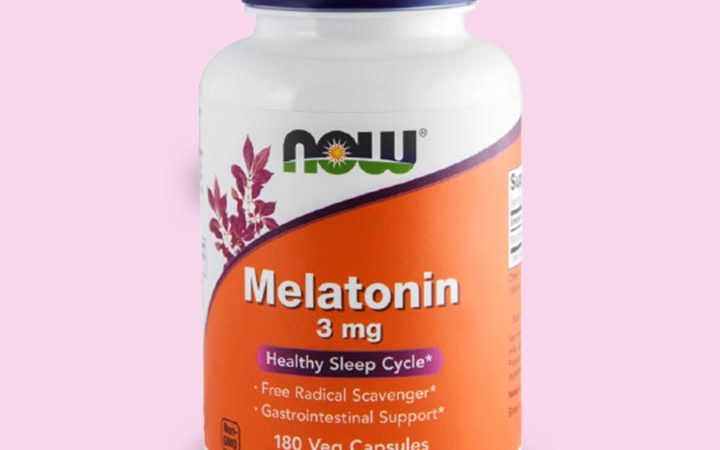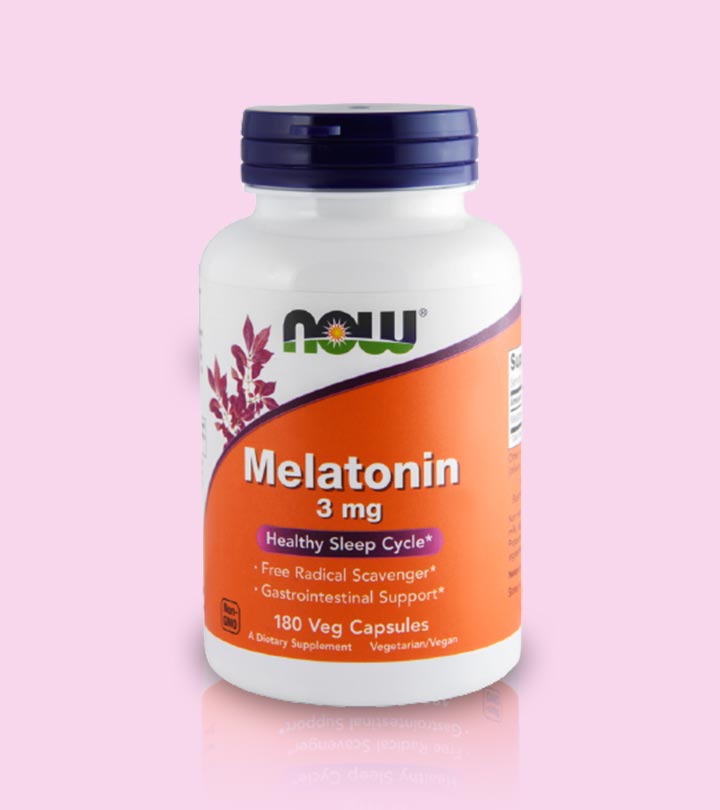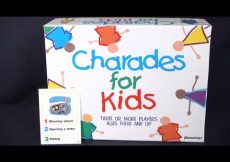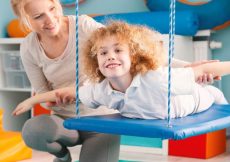Melatonin for kids may be effective as a short-term treatment option for sleep disorders. It may be prescribed for autism spectrum disorder (ASD) in adolescents (1). Melatonin is a hormone made by your brain in response to darkness. It helps you maintain circadian rhythm and regulate sleep patterns.
Synthetically produced melatonin supplements may be used in conditions such as jet lag, some sleep disorders in children, and anxiety before and after surgery (2). This post talks about the safety of using melatonin in children, its side effects, and precautions.
Is Melatonin Safe For Children?
The short-term use of melatonin supplements is usually considered safe. Nevertheless, their effects on children have not been studied extensively. Studies on the long-term effects of melatonin use in children are not adequate as well. Additionally, melatonin being a hormone itself, may affect hormonal development such as puberty and menstruation. However, evidence is not confirmatory (2). It is for these reasons that a child should have melatonin only when prescribed by a doctor.
How Does Melatonin Work?
Melatonin is a neurohormone mainly secreted from the pineal gland in the brain. It regulates circadian rhythms (the 24-hour internal clock in our brain that regulates the sleep-wake cycle, neuroendocrine or hormone release rhythms, and body temperature cycles in response to the light changes in our environment). Synthetic melatonin mimics the effects of the body’s melatonin. Some features of melatonin include (3):
- Melatonin synthesis and secretion increase after sundown, peak around the middle of the night, and gradually decrease after that.
- Plasma levels of melatonin are low during the day.
- The amount of melatonin secreted in the body also varies with age. Melatonin concentration starts increasing after three months of age and attains its highest peak between four to seven years of age and then declines progressively.
What Are The Uses Of Melatonin In Children?
Melatonin plays an important role in sleep-wake cycles, but its supplements should not be used as sleeping pills. Melatonin supplements are used (4):
- For short-term therapy to help children establish good bedtime routines.
- To help children reset sleep schedules after long vacations or other interruptions.
- Under medical supervision in children with neurodevelopmental disorders such as autism or attention-deficit/hyperactivity disorder (ADHD).
What Is The Dosage Of Melatonin For Children?
Melatonin supplements are available over the counter but it is advisable to consult a pediatrician before giving them to your child to avoid dosing errors. Melatonin is not usually given to children below three years of age.
Below are dosage suggestions by the American Academy of Pediatrics (4).
- Most children respond to a low dose of 0.5mg to 1mg given 30 to 90 minutes before bedtime
- Maximum dose ranges from 3mg to 6mg
Synthetic melatonin acts as a (5):
- Chronobiotic agent (shifts the body’s circadian rhythm to cause sleep earlier) in low dose given earlier in the evening.
- Hypnotic agent (sleep-inducer) at larger doses given shortly before bedtime.
What Are The Potential Side Effects Of Melatonin?
The side effects of synthetic melatonin may include the following (2) (6).
- Drowsiness
- Headache
- Altered sleep patterns
- Trouble falling asleep
- Bad dreams
- Confusion
- Increased bedwetting or urination in the evening
- Increased heart rate
- Low body temperature
- Getting red in the face
- Stomach cramps
- Itching
What Precautions Should You Take When Using Melatonin In Children?
Parents and caregivers should take certain precautions when giving melatonin to children (7).
- Inform your healthcare provider about other medications your child is taking or has taken recently. This will help avoid drug interactions.
- Melatonin products are available as over-the-counter medications in various forms such as tablets, capsules, and gummies. Make sure you check the labels as all these forms deliver different doses.
- Preferably choose products that have been certified by a third party, such as Consumer Lab, NSF International, and US Pharmacopeia. This provides surety about the ingredients and their quantity in the products.
- Avoid using melatonin if your child is younger than three years or has insomnia or problem sleeping due to:
- Situations that caused anxiety
- A short-term illness such as an ear infection
iii. An underlying disorder such as sleep apnea or restless leg syndrome
- Keep melatonin out of children’s reach to avoid accidental overdosing.
What Are The Alternatives To Melatonin Supplements For Children?
You may include some foods containing melatonin in your child’s diet instead of using supplements (8).
- Fish
- Eggs
- Milk
- Nuts such as pistachio
- Cereals such as unpolished rice, wheat, barley, and oats
- Fruits such as grapes, cherry, and strawberry
- Vegetables such as tomato and pepper
- Mushrooms
Try managing your child’s sleep problems by adopting good sleep hygiene. Ensure a regular bedtime routine, minimum napping, limited screen time, conducive ambient environment during sleep (dark and quiet), and dinner at least two hours before bedtime (9). The OTC melatonin products may vary in content. Consult a pediatrician to know the correct dose and discuss alternate non-medicine approaches to help your child sleep better.
References:
MomJunction’s articles are written after analyzing the research works of expert authors and institutions. Our references consist of resources established by authorities in their respective fields. You can learn more about the authenticity of the information we present in our editorial policy.
The following two tabs change content below.




































